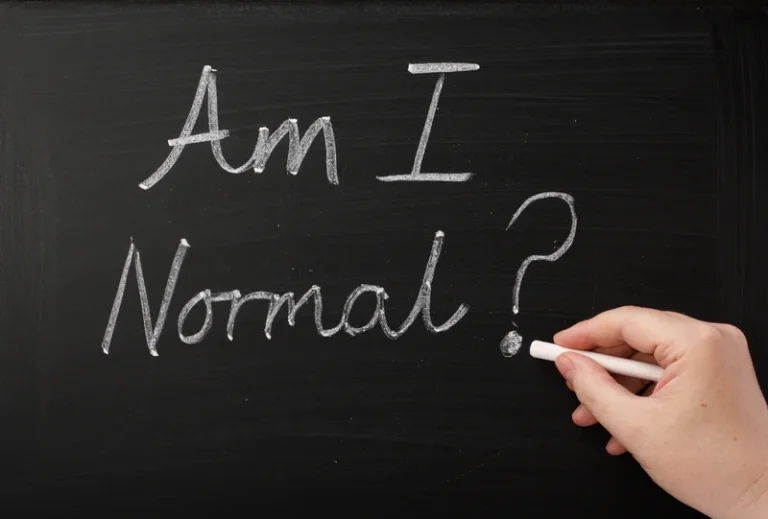
It can be helpful to write down your reasons for quitting and the difficulty of withdrawal while it is fresh in your mind. If you or someone you know is having thoughts of suicide, a prevention hotline can help. During a crisis, people who are hard of hearing can use their preferred relay service or dial 711 then 988.
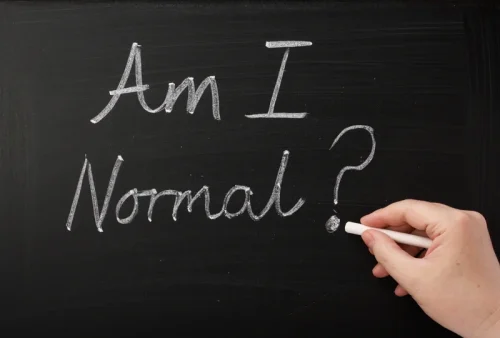
Treatments for Alcohol Withdrawal
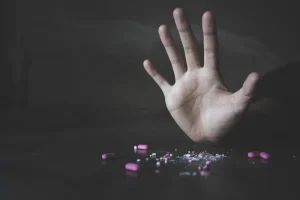
“I needed professional help, as I had severe withdrawal symptoms of a DT nature with hallucinations, a possible seizure, and fear I would fall over dead any second. I went to the ER and detoxed five days in the hospital.” For the vast majority of people, the physical symptoms of alcohol withdrawal have passed by day seven. When someone drinks alcohol for a prolonged period of time and then stops, the body reacts to its absence. This is alcohol withdrawal, and it causes uncomfortable physical and emotional symptoms. Most treatment options may include the administration of long-acting benzodiazepines. During initial treatment, a person may receive a higher dosage of benzodiazepines to reduce symptoms and the urge to alcohol withdrawal drink alcohol.
- It can also help you develop alternative coping mechanisms and tools to manage alcohol cravings.
- If you think you may have a drinking problem, you’re definitely not alone.
- Those experiencing mild alcohol withdrawal symptoms or who are concerned about experiencing withdrawal symptoms will benefit from the advice of a physician or clinician trained to assess and treat patients in alcohol withdrawal.
- Women who had two or more drinks per day and men who had four or more drinks per day had significantly increased mortality.
- He helped create an effective, holistic alcohol & drug treatment curriculum that has been in use at Elevate Addiction Services since 2015.
Complications of alcohol withdrawal delirium
There are many benefits to giving up alcohol, both short-term and long-term. If you’re considering quitting drinking, these benefits may be just what you need to help you decide. Of course, giving up alcohol is not always easy, and there may be some challenges along the way. But if you’re committed to sobriety, it’s possible to achieve your goal. Once the initial symptoms of withdrawal have subsided, you may find that you have more energy than you did before you stopped drinking.
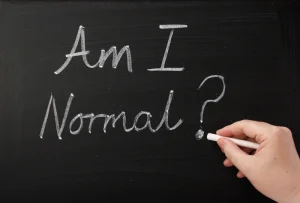
Causes of alcohol withdrawal delirium
- By this time, people are often beginning to feel better and notice more energy.
- When the neurotransmitters are no longer suppressed, but are used to working harder to overcome the suppression, they go into a state of overexcitement.
- The effects of alcohol can even make you abusive or cause you to harm others emotionally.
- While receiving treatment, healthcare providers will want to monitor you continuously to make sure you don’t develop life-threatening complications.
- Alcohol withdrawal symptoms can start as early as two hours after your last drink, but it’s most likely to start between six hours to a day after your last drink, according to guidelines from American Family Physician.
Katie takes an active role in each client’s recovery, and works individually with them to ensure they get the most out of the Elevate curriculum, and achieve their individual treatment plan goals. Kaylyn currently supervises our Conduct and Life Intervention Counseling department. Throughout their program, clients work with Kaylyn directly one-on-one in removing toxic people from their lives and rebuilding trust with loved ones. She genuinely loves helping people on their journey to recovery and brings a friendly, down-to-earth vibe to every session. Elevate is currently offering immediate enrollment in inpatient, outpatient, or telehealth programs. It would seem that the longer you go without alcohol, the more your symptoms will dissipate, if not vanish altogether.
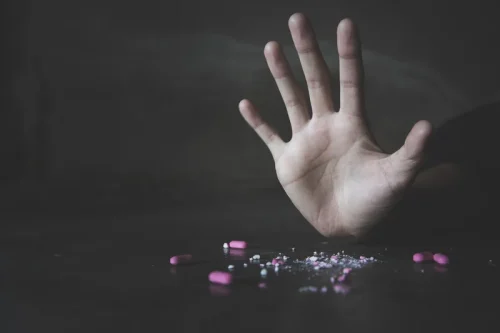
Day 30 and Beyond
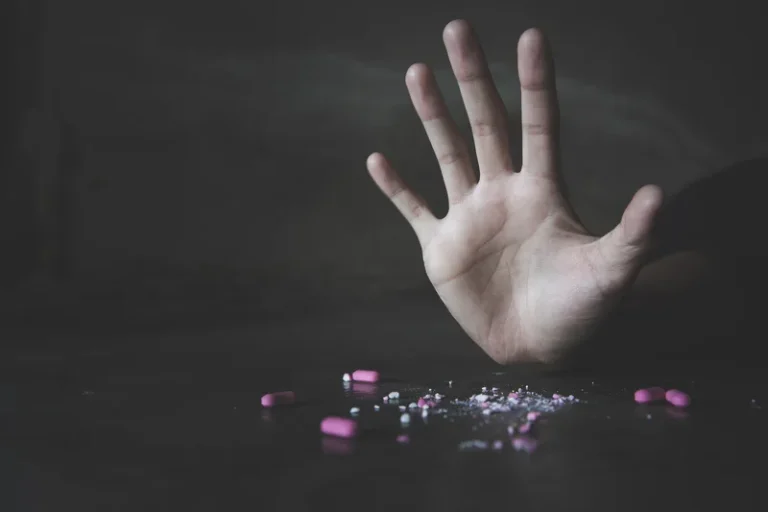
The medical community often refers to the “four stages of withdrawal” as a roadmap for what someone might expect right when they stop drinking. Remember that it’s important to connect with a https://ecosoberhouse.com/ medical professional before you stop drinking to ensure that you can go through each stage safely. Most symptoms will typically peak five days after they begin and will begin to decrease about five to seven days after they begin. The Centers for Disease Control and Prevention defines heavy drinking as 15 drinks a week for men and eight drinks a week for women. When the neurotransmitters are no longer suppressed, but are used to working harder to overcome the suppression, they go into a state of overexcitement. If you suddenly stop drinking or significantly reduce the amount of alcohol you drink, it can cause alcohol withdrawal.

